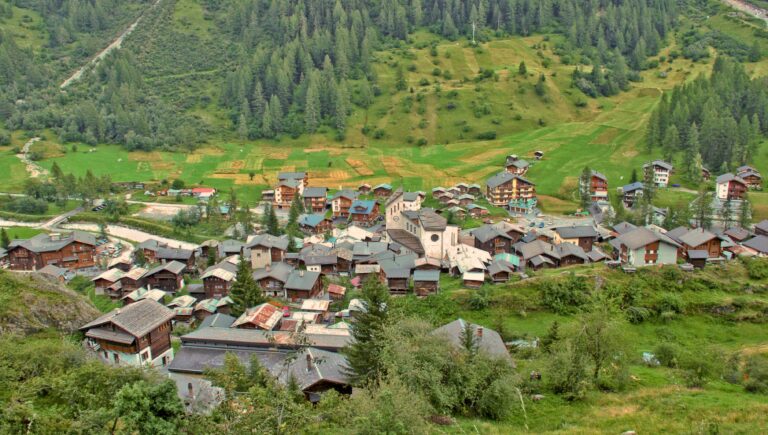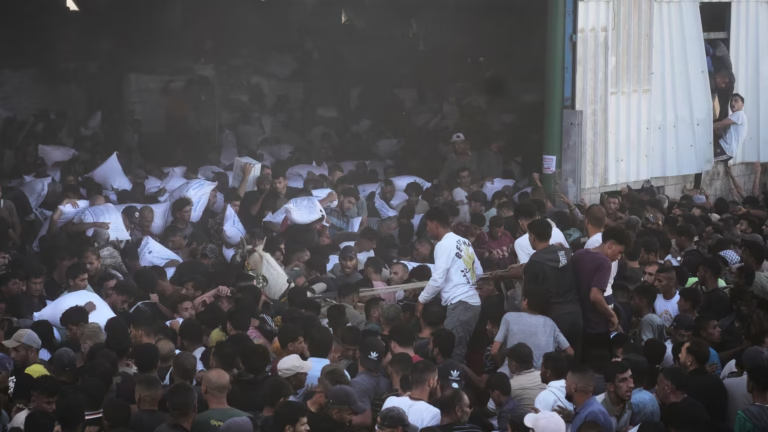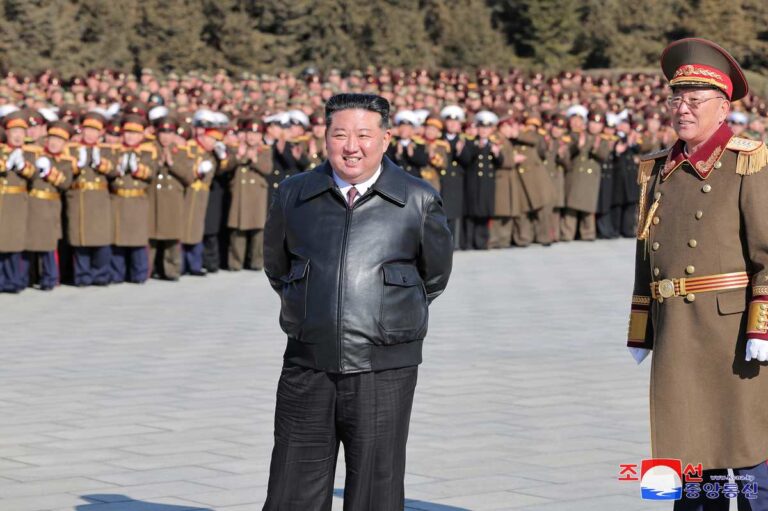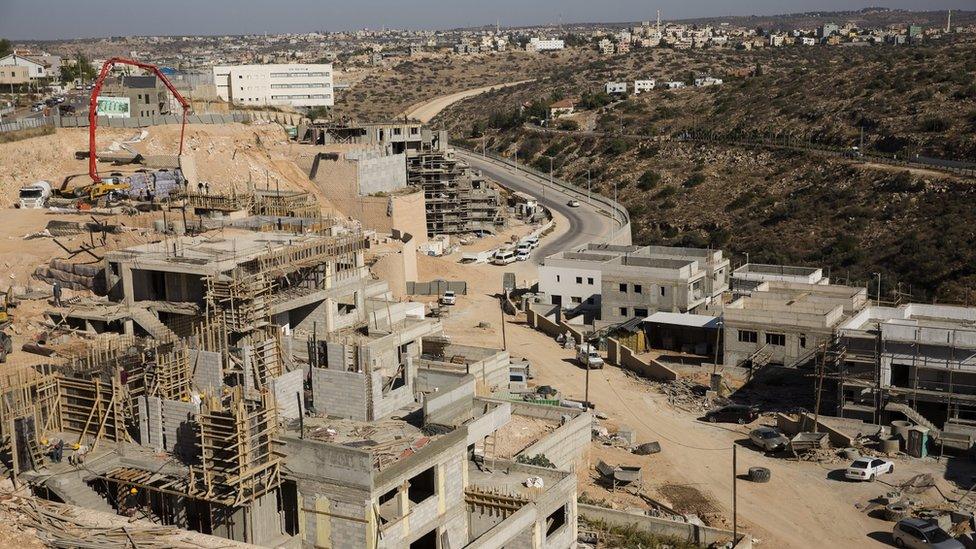
The Israeli government’s announcement of a major expansion of settlements in the occupied West Bank has drawn sharp criticism and widespread controversy. Viewed by many as a sensitive issue that sits at the crossroads of politics, ethics, and human rights, this settlement expansion will likely have long-lasting implications for the region and beyond.
This blog dives into the details of Israel’s plan, the surrounding historical and legal context, international reactions, and the potential impact on peace negotiations. By the end, you’ll have a comprehensive understanding of why this issue matters and what it means for the future of the region.

Background on Israeli Settlements
Historical Overview
The history of Israeli settlements in the West Bank dates back to the aftermath of the Six-Day War in 1967, when Israel captured the territory from Jordan. From then on, settlements began to appear, housing Israeli citizens on land viewed as militarily strategic, historically significant, or both.
Originally justified as necessary for security, these settlements have multiplied over the decades, growing from a handful of small communities to a complex network of suburbs, infrastructure, and administrative jurisdictions. Many are heavily fortified, reflecting tensions in the region.
Legal Context
Under international law, the settlements in occupied territories are widely considered illegal. The Fourth Geneva Convention prohibits an occupying power from transferring its own population into territories it occupies. The International Court of Justice and the United Nations have echoed this interpretation, repeatedly condemning settlement expansion.
However, the Israeli government disputes this view, asserting that the West Bank (referred to in Israel as Judea and Samaria) is contested territory, not formally occupied. These differing legal interpretations form the backdrop of much of the global disagreement surrounding settlements.
Details of the Expansion Announcement
Scale and Specifics
The recent announcement outlines plans to construct approximately 4,000 new housing units in multiple areas within the West Bank. Key zones targeted for expansion include sections of East Jerusalem and settlements surrounding key Palestinian cities like Hebron and Ramallah.
Israeli Prime Minister Benjamin Netanyahu described the expansion as necessary to secure Israel’s borders and provide housing for its growing population. The government has also claimed that these areas hold cultural and religious significance central to Jewish heritage.
Government Justifications
Netanyahu and other officials have framed this move as aligning with Israel’s national interest. “These new developments represent our unshakable commitment to our homeland and ensuring safe, thriving communities,” the Prime Minister stated. Critics, however, view the government’s justification as a transparent effort to solidify control over disputed lands and stall the prospects of a two-state solution.
Reactions from Palestinians
Immediate Responses
The Palestinian Authority (PA) and its President Mahmoud Abbas strongly condemned the announcement, calling it “an aggressive expansionist policy” and a direct violation of international agreements. The PA has warned that such actions deepen the rift between Israelis and Palestinians and make peace negotiations nearly impossible.
Meanwhile, demonstrations broke out in several West Bank cities, with protests ranging from peaceful marches to violent clashes with Israeli security forces. Activists and Palestinian leaders have vowed to intensify resistance against this latest encroachment.
Palestinian Perspectives
Mustafa Barghouti, a prominent Palestinian leader, stated, “This expansion is not just about land. It’s about erasing Palestinian existence and rights in the region.” Many Palestinians view the settlement policy as a tool for systematic displacement, restricting their access to resources and fragmenting their communities.
International Responses
United Nations
The UN issued a statement through its Secretary-General, urging Israel to halt all settlement activities immediately, citing violations of international law. This sentiment is shared by most member states of the UN Security Council, several of which have called for urgent diplomatic actions.
Key Countries’ Stances
- United States: While generally supportive of Israel, the Biden administration expressed concerns, warning that unilateral actions like settlement expansion jeopardize future peace initiatives.
- European Union: The EU released a more strongly worded statement labeling the expansion a flagrant breach of international law, calling for accountability.
- Arab States: Countries like Jordan, Egypt, and Saudi Arabia voiced alarm, stressing that such policies inflame tensions in the Middle East.
Despite mounting international pressure, the Israeli government maintains its stance, highlighting its sovereign right to make decisions about its territory.
Legal and Ethical Implications
Legal Challenges to Expansion
Various organizations, including Human Rights Watch and Amnesty International, have raised alarms about potential breaches of international law. Legal experts stress that this expansion could lead to cases being brought against Israel in international courts, further isolating the nation diplomatically.
Ethical Concerns
Beyond legalities, critics point to ethical concerns surrounding the forced displacement of Palestinians, loss of arable land, and restricted movement. The humanitarian impact on Palestinian families often trapped in bureaucratic limbo cannot be overstated.
Impact on Peace Negotiations
A Roadblock to Resolution
Observers warn that settlement expansion erodes trust, making the resumption of peace talks virtually impossible. By creating “facts on the ground,” it reduces the physical space and political feasibility for a two-state solution.
Long-Term Regional Stability
Experts fear that continued settlement growth could lead to increased violence and radicalization in the region. The ripple effect could destabilize relationships between Israel and neighboring Arab states.
People Also Ask
Why are Israeli settlements controversial?
Israeli settlements are considered illegal under international law and are seen as a major obstacle to peace by Palestinians and the global community. They complicate negotiations for a two-state solution.
How many settlements are in the West Bank?
Currently, there are over 130 official Israeli settlements and 100 outposts (unofficial settlements) in the West Bank, housing more than 700,000 settlers.
What percentage of land do Israeli settlements occupy?
Israeli settlements and their related infrastructure systems account for approximately 40% of the total West Bank area.
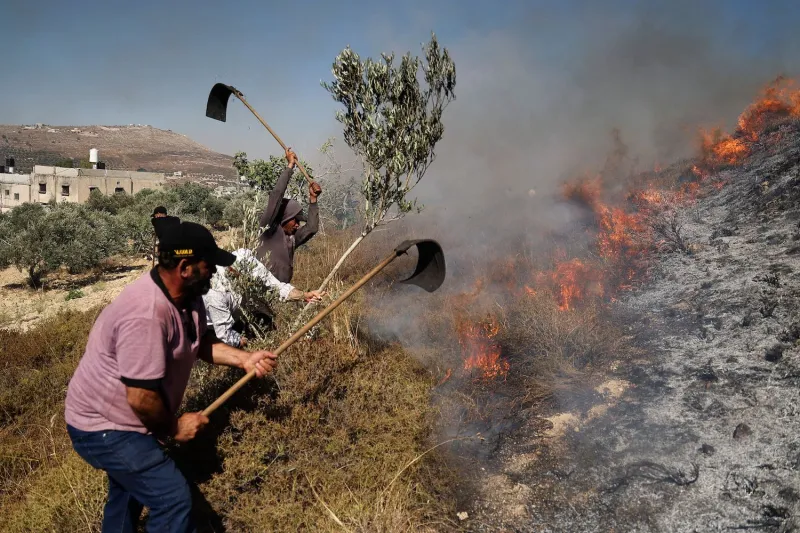
Looking Ahead
The expansion of Israeli settlements in the occupied West Bank stands as one of the most contentious issues in modern geopolitics. It raises profound questions about legality, ethics, and the prospects for peace in a deeply divided region.
Understanding this issue requires ongoing attention, dialogue, and a commitment to informed, balanced perspectives. While the future remains uncertain, one thing is clear – the decisions made today will shape the course of the Israeli-Palestinian conflict for generations
